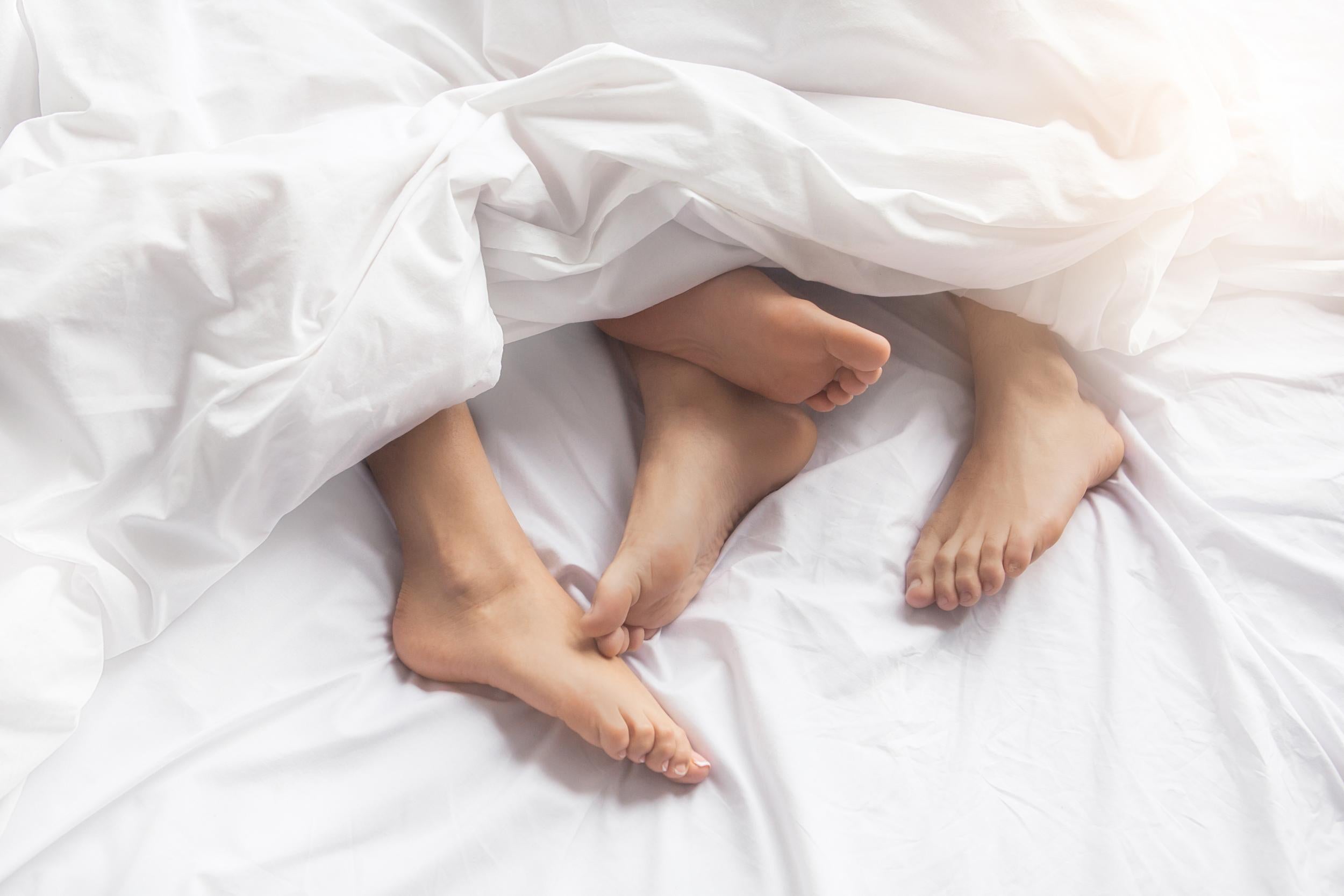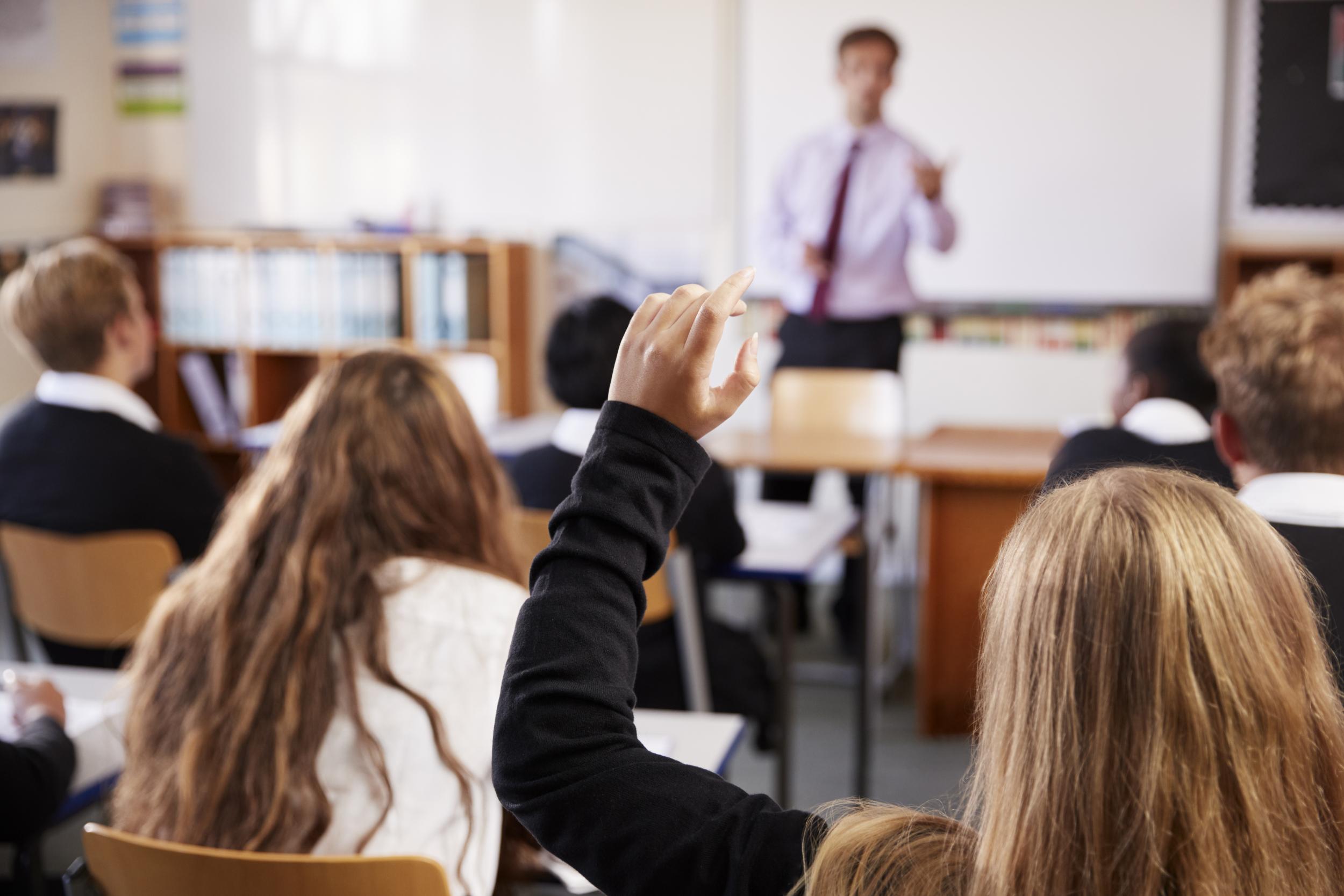More than half of young women losing their virginity before they feel ‘ready’
More than one in six women reported an unequal willingness to have sex

Your support helps us to tell the story
From reproductive rights to climate change to Big Tech, The Independent is on the ground when the story is developing. Whether it's investigating the financials of Elon Musk's pro-Trump PAC or producing our latest documentary, 'The A Word', which shines a light on the American women fighting for reproductive rights, we know how important it is to parse out the facts from the messaging.
At such a critical moment in US history, we need reporters on the ground. Your donation allows us to keep sending journalists to speak to both sides of the story.
The Independent is trusted by Americans across the entire political spectrum. And unlike many other quality news outlets, we choose not to lock Americans out of our reporting and analysis with paywalls. We believe quality journalism should be available to everyone, paid for by those who can afford it.
Your support makes all the difference.Many people in the UK are losing their virginity before they are “ready”, which can have serious effects on their health and wellbeing, researchers claim.
According to a study published in the BMJ Sexual and Reproductive Health, nearly 52 per cent of women and 44 per cent of men were not “ready” when they lost their virginity.
In addition, more than one in six women reported an unequal willingness to have sex, which equated to almost double the number of men who reported the same.
The team say that the age of consent – which is 16 in the UK – is not an indicator that an individual is “ready” to become sexually active, adding the research found willingness, peer pressure and contraceptive use can all affect whether the experience of losing one’s virginity is positive.
Melissa Palmer, first author of the research from the London School of Hygiene and Tropical Medicine described age as “quite a simplistic indicator” of a person’s readiness for sex.
“Two 16 years olds can be very different, so age doesn’t account for the individual differences between people,” she tells the Independent.
“When young people talk about their first sexual intercourse, many of them discuss their experiences, rather than the age in which it happened.”
Palmer says it is important to look at the circumstances of first sexual intercourse, “not only protection against STIs and unplanned pregnancy, but an individual’s broader well-being – ensuring it was mutually wanted, didn’t involve peer pressure of drunkenness, for example – alongside age”.
For the study, Palmer and her colleagues examined the responses of more than 2,800 sexually active Britons, between the ages of 17 and 24, to face-to-face questions about the conditions in which they first had heterosexual intercourse.
Participants were classified as "sexually competent" at first intercourse if they reported that the event involved contraceptive protection, autonomy of decision, equal willingness of both partners, and that it had occurred at the “right time”.

From their findings, the researchers claim that negative experiences of first sexual intercourse were also associated with socioeconomic status, educational level, source of sex education, relationship with, and virginity status of the first partner.
“Particularly among young men, we found that those living in more deprived areas, as indicated in the Index of Multiple Deprivation, were more likely to report negative conditions of first sex,” says Palmer.
Meanwhile, the study found signs that young women who said they learned about sex in school were more likely to have positive conditions.
“Of course, we can’t say anything about causality as we used observational data for the study, but this result could serve as evidence of the positive effect of sex education in school,” she adds.
Ammanda Major, sex therapist and head of clinical practice relationship counselling service Relate agrees with the findings.
“The first experience of sex can have a different meaning for males and females," she tells the Independent.
She adds: "It's not always the case but very broadly speaking, young men are pleased to have sex perhaps in part as they think this means they will be viewed more like men as opposed to boys. As for females, their first time is sometimes more about wanting to be recognised as part of a relationship and feeling accepted by their peers and sexual partner.
While the team said that 90 per cent of participants reported using reliable contraception was a “positive finding”, they say more needs to be done.
Palmer explains: “To increase that figure up to 100, we still need to improve services and access to contraception, and continue providing sexual and relationship education that not only focusses on STIs and unwanted pregnancies but also on improving communication skills to protect and individual’s broader well-being."
Major argues young people should be taught to step back and consider what is making them think they have to have sex, rather than the act itself.
““We should be helping young people to understand that sex is about them and how important it is to feel able to engage with it at their own pace and assess they’re doing it for the right reasons," she says.
Join our commenting forum
Join thought-provoking conversations, follow other Independent readers and see their replies
Comments